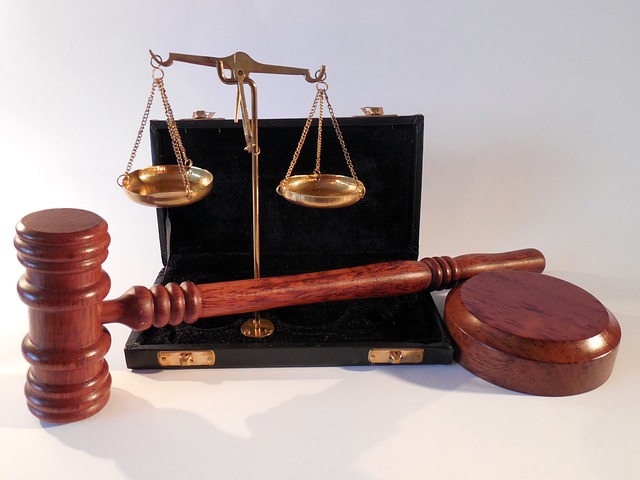Maynard Law Office, LLC posted in Criminal Defense on Thursday, March 20, 2014.
In the State of New Jersey, spouses enjoy the right to confidential communication. In the criminal defense context, one spouse cannot be asked to testify against another spouse. However, what if a third party overhears the privileged communication between the couple, particularly if that third party is a law enforcement officer? In a case recently argued before the New Jersey Supreme Court, the justices must weigh whether there is a criminal-fraud exception in admitting spousal communication as evidence where the marital communication was recorded in a wire-tapping operation by law enforcement.
Under the New Jersey Rules of Evidence, Rule 509, marital privilege is defined as follows:
No person shall disclose any communication made in confidence between such person and his or her spouse unless both shall consent to the disclosure or unless the communication is relevant to an issue in an action between them or in a criminal action or proceeding in which either spouse consents to the disclosure, or in a criminal action or proceeding coming within Rule 23(2) [Rule 501(2)]. When a spouse is incompetent or deceased, consent to the disclosure may be given for such spouse by the guardian, executor, or administrator. The requirement for consent shall not terminate with divorce or separation. A communication between spouses while living separate and apart under a divorce from bed and board shall not be a privileged communication.
The NJ Supreme Court case arises from a challenge by a married couple who is being criminally prosecuted for its involvement in a drug distribution network. The State attempted to admit numerous recorded phone calls between the spouses into evidence, however, their criminal defense attorneys objected for the reasons stated above. The justices, who are supposed to investigated both sides of the argument, conjectured that a couple loses its marital privilege to confidential communication if a third party overhears its discussion; however, couples have an expectation to privacy in phone calls, hence the existence of the “Wire Tap Act.” The Court decision will be issued in a written opinion.
Source: “Court Weights Crime Exception for Spousal Privilege in Wiretap Case,” The New Jersey Law Journal, March 2014.
